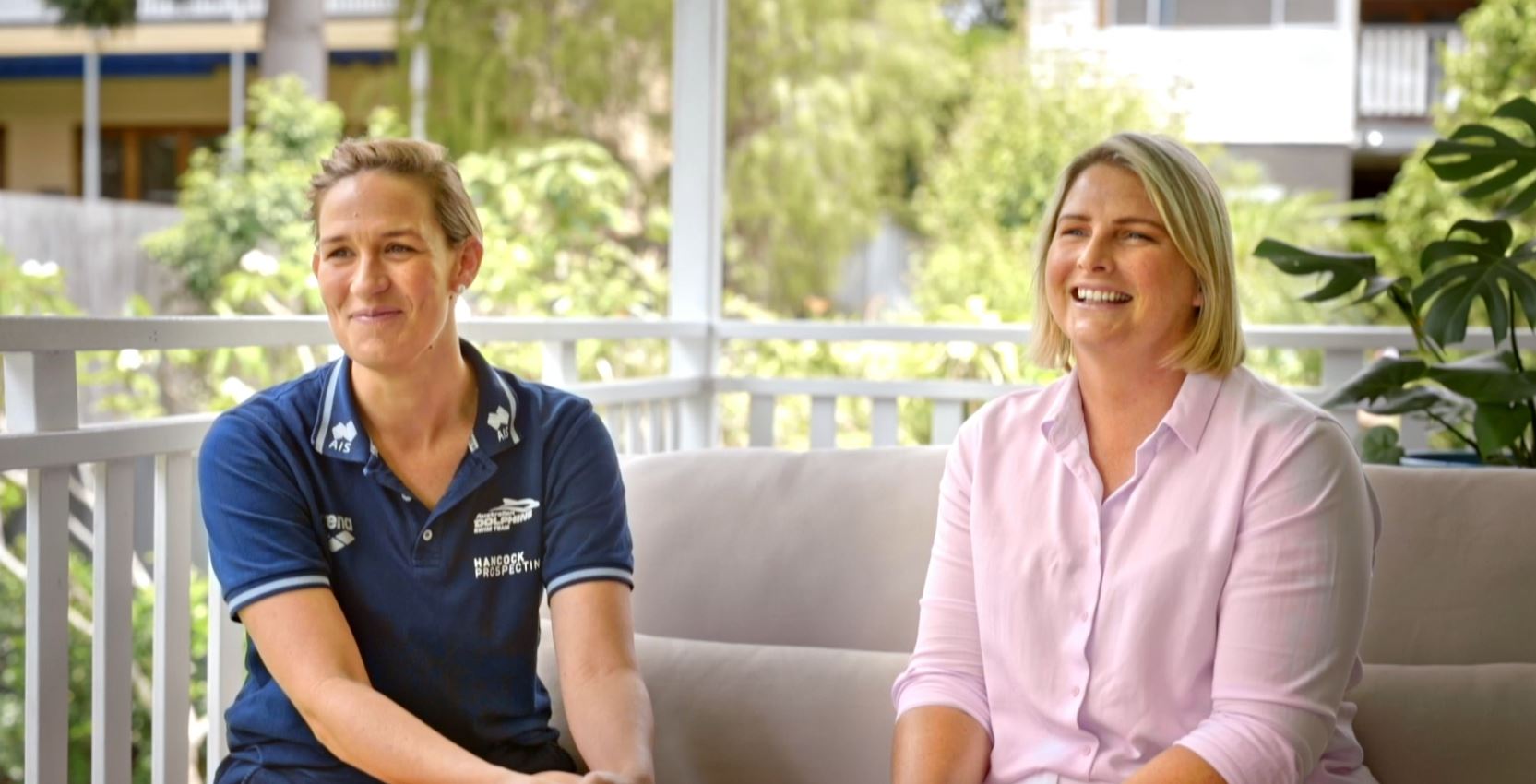23 April 2021
As excitement and nerves build in the lead-up to the Tokyo Olympics and Paralympics, AIS CEO Peter Conde has encouraged athletes and sport staff to prioritise mental health and wellbeing and seek support if needed.
The AIS has seen a 79 per cent increase in demand for the AIS Mental Health Referral Network (MHRN) at the start of 2021 compared to the same period last year. The MHRN has also received as many referrals in March 2021 as were received in January and February combined.
The impact of COVID was the primary or secondary issue in about 80 per cent of the referrals, but Games preparation and selection, work stress and general wellbeing were also among the key themes.
An AIS Mental Health Audit of almost 700 athletes, coaches and support staff in 2020 revealed almost one-in-two athletes were dealing with anxiety and stress because of the postponement of the Games.
The AIS Mental Health Referral Network was established in 2018 and now has a national network of 54 mental health practitioners providing confidential support in areas of psychology, psychiatry, neuropsychology and nutrition. It has expanded since COVID began and is now available to almost 3000 people in Australian high-performance sport, including athletes, coaches, support staff and even family members of athletes.
Conde reminded Australia’s high performance sporting family that help is always at hand.
“It has been an extended wait for these Tokyo Olympics and Paralympics and excitement is no doubt building as the Games countdown continues. It’s natural, however, that there will also be anxiety given the unique and complex preparation for these Games as well as the shifting environments here and abroad,” Conde said.
“There has been a rise in people reaching out to the AIS Mental Health Referral Network, but that doesn’t need to be cause for alarm. In fact, we can be assured that people are increasingly aware of this valuable service and are reaching out more often, as and when they need it. We also need to acknowledge some sports and teams are now adopting it as a regular check-in for their athletes and staff.
“It’s encouraging that most of the referrals are now coming in via the Athlete Wellbeing and Engagement managers embedded in the sports, which is a great endorsement for this valuable network.”
The AIS has funded and embedded more than 30 Athlete Wellbeing and Engagement managers in national sporting organisations to directly support athletes with their welfare and professional development. As well as mental health, the positions support athletes in areas of personal and professional development, including career and education.

Olympic gold medal swimmers Leisel Jones and Jodie Henry are among the coordinators in the national Athlete Wellbeing and Engagement network, Jones working with Athletics Australia and Henry with Swimming Australia. Jones has outlined how she struggled mentally throughout her swimming career, especially in her approach to retirement.
“I’m just really passionate about working with athletes and sharing some of the things that I may have learned throughout my career,” Jones said. “I think it’s really important to have happy athletes, because when you have happy, balanced athletes, they’re the ones who usually perform really well. When things are going well in life outside of sport, everything else seems to fall into place.”
Henry said it was understandable for athletes to feel anxious ahead of any Games, but Tokyo would have unique challenges.
“There’s a lot of unknowns and that's going to be the biggest challenge of these Games. But there is support and one of the encouraging things I’ve noticed in this role is the openness of current athletes to discuss their feelings. Talking to someone can make all the difference.”
The AIS has is also offering a series of workshops and presentations to raise awareness of mental health more broadly across high performance sport. These range from 4-hour workshops on mental health in sport and disordered eating in sport, which are aimed at high performance staff, through to shorter presentations open to family and friends such as ‘how to have a wellbeing conversation’.
Details of the AIS Mental Health Referral Network, including key contact details, are available here.